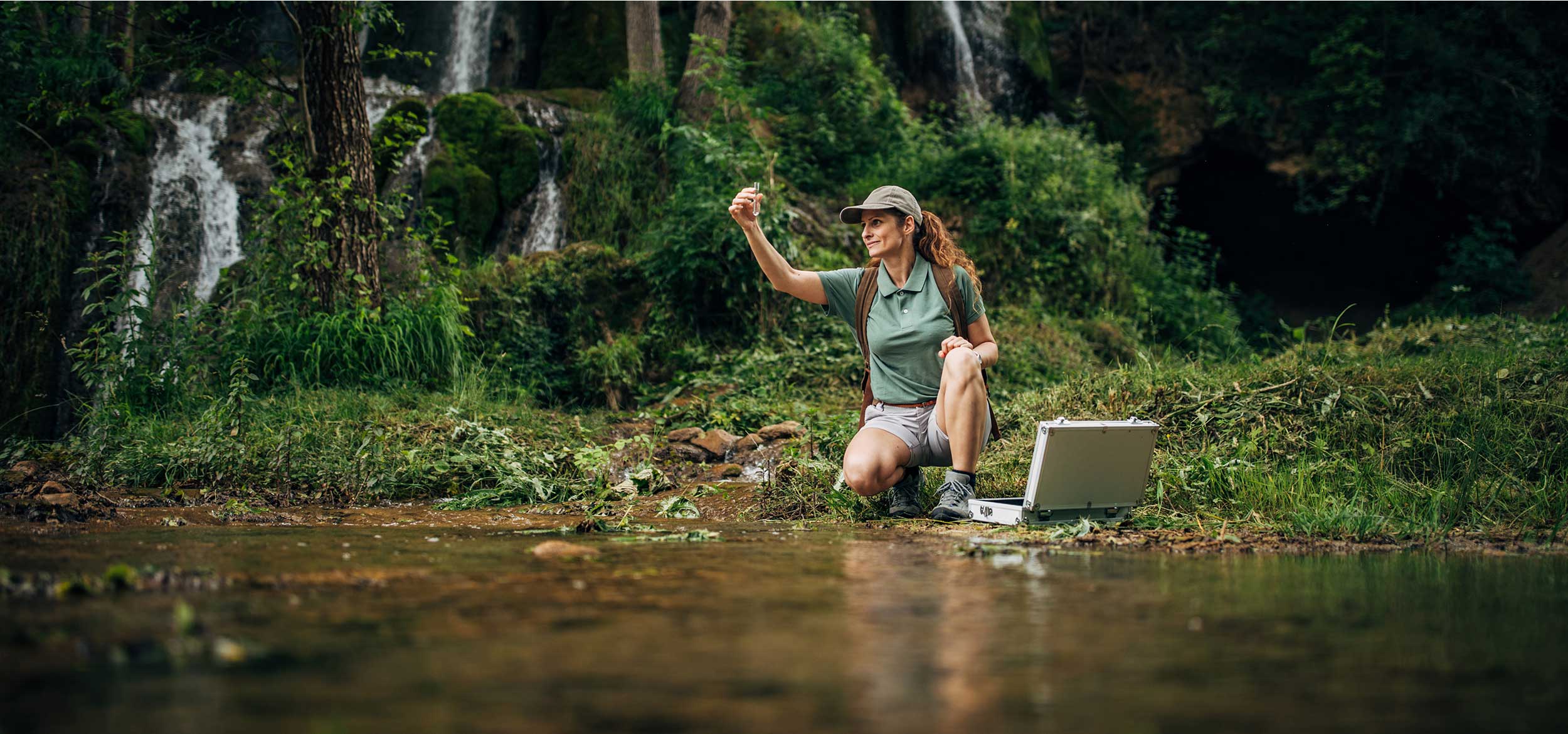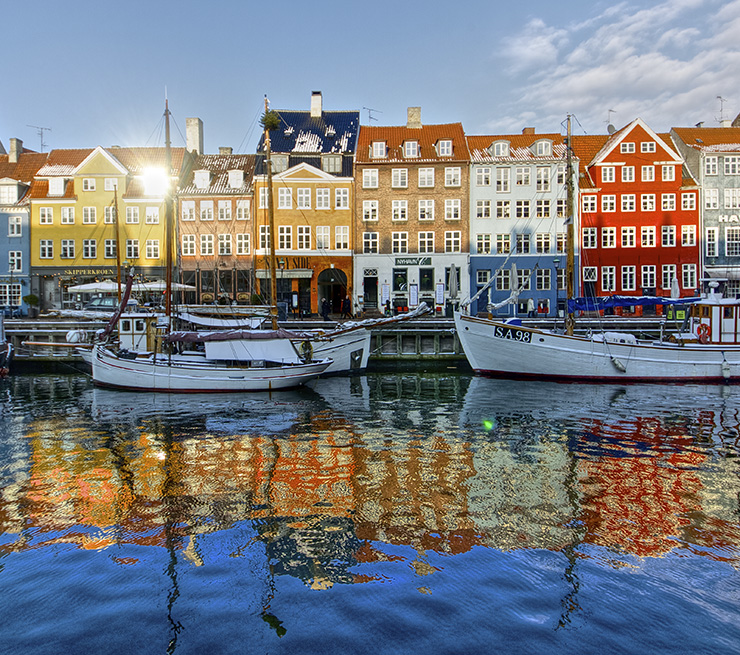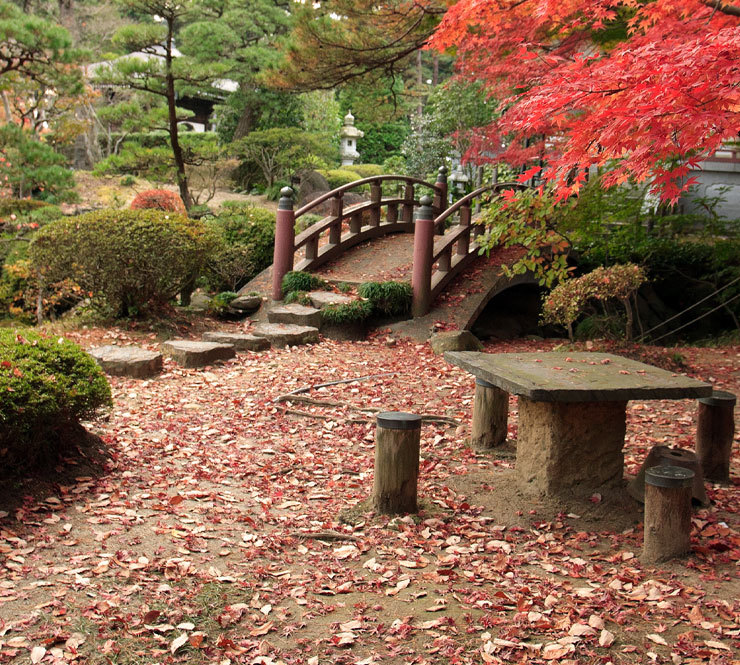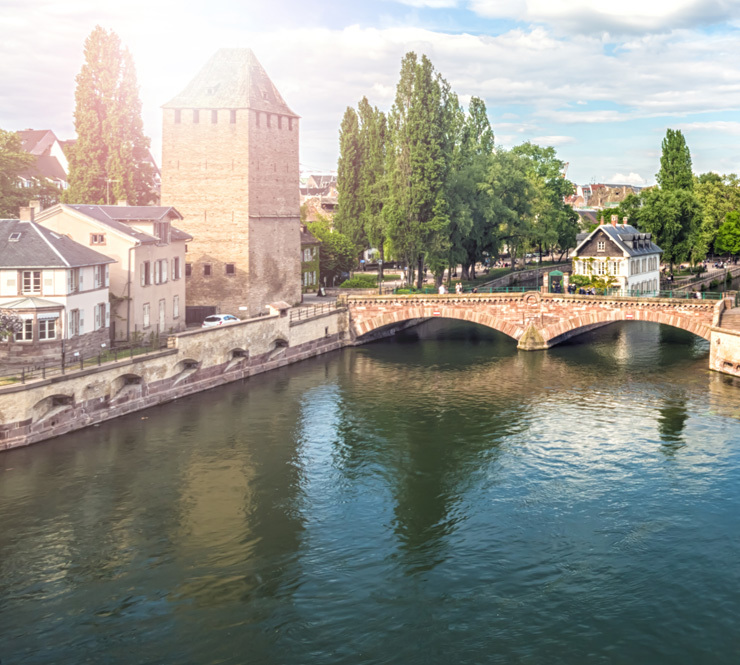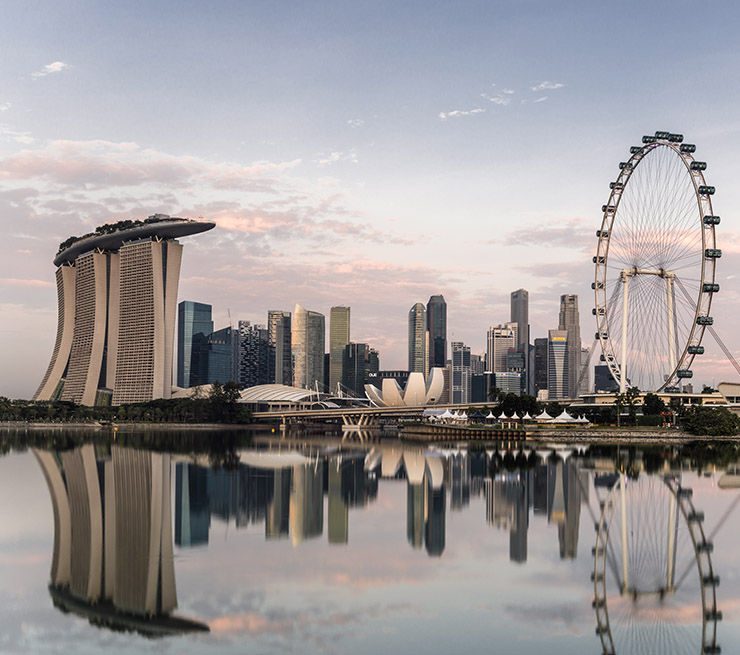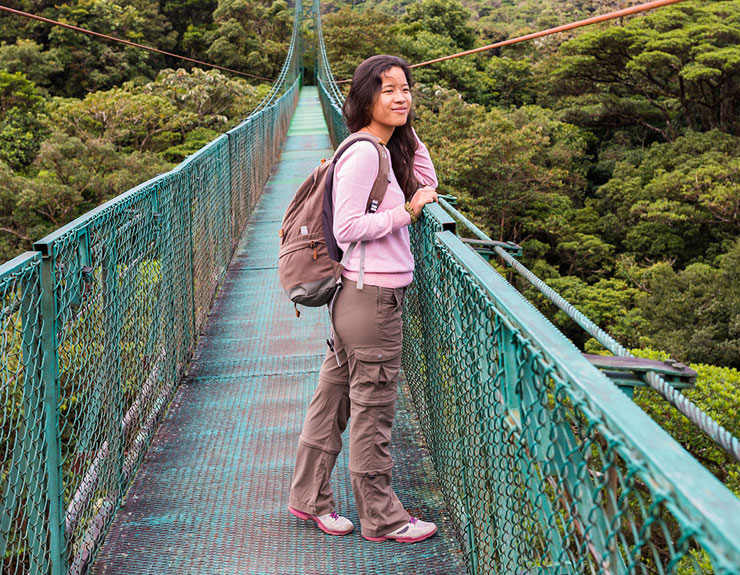Take your environmental science studies international to analyze and manage coupled human–natural systems—integrating ecology, geoscience, chemistry, data science, and policy to address climate, pollution, and resource challenges. International study immerses you in diverse ecosystems, monitoring networks, and regulatory frameworks, expanding how you design field studies, run lab analyses, and model environmental change from local to global scales. You’ll advance in areas such as biogeochemistry, hydrology, atmospheric science, conservation, and environmental data analysis while tackling projects like soil and water remediation, carbon cycling in tropical forests, and cryosphere dynamics in polar and sub‑Arctic regions. Build your portfolio through field campaigns, GIS and remote sensing, community partnerships, and policy labs—strengthening quantitative skills, risk assessment, and the ability to translate science into solutions for climate resilience and environmental justice.
I had a fantastic time studying abroad in Singapore and learning about myself! I had the opportunity to take fascinating tropical environment courses that were truly unique to the region, which broadened my academics in ways I never imagined.
Standing in front of a class and teaching in Spanish for an hour was a great way to improve my language level and increase my confidence. I also gained more clarity on the roles and responsibilities of a teacher. To experience the dynamics of a classroom was a goal I was able to achieve through my internship abroad.
My internship in Chile fundamentally changed my approach to my education and career goals, and I am confident that these lessons have prepared me well for my future endeavors. As I complete my undergraduate degree and move on to graduate school, I plan to continue to serve underprivileged communities facing severe environmental and public health issues as a result of climate change.
Study abroad was a really good learning experience. I came out of it a much more confident person. I felt more adult, more grown up. I learned a lot about myself and other cultures, languages, and people. I made a lot of friends and got to travel to some of the most beautiful places on Earth.
As an aspiring environmental engineer and a student of color, I want to revamp current civil systems for rural and developing communities through renewable energy, green infrastructure, sustainable materials, and better water, electric, and broadband networks. I want to redefine engineering to be not only about projects but more about the people they serve.
Ghana made me appreciate my cultural and familial values much more and widened my understanding of where my home truly is. I learned so much more from Ghana than I ever expected.
